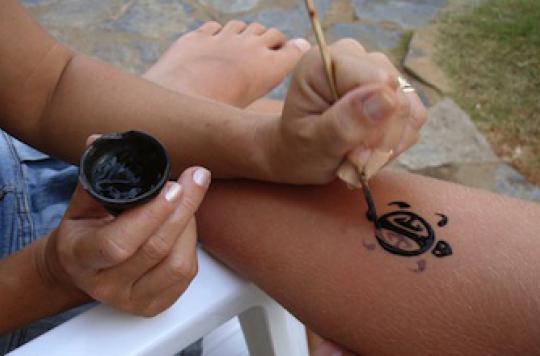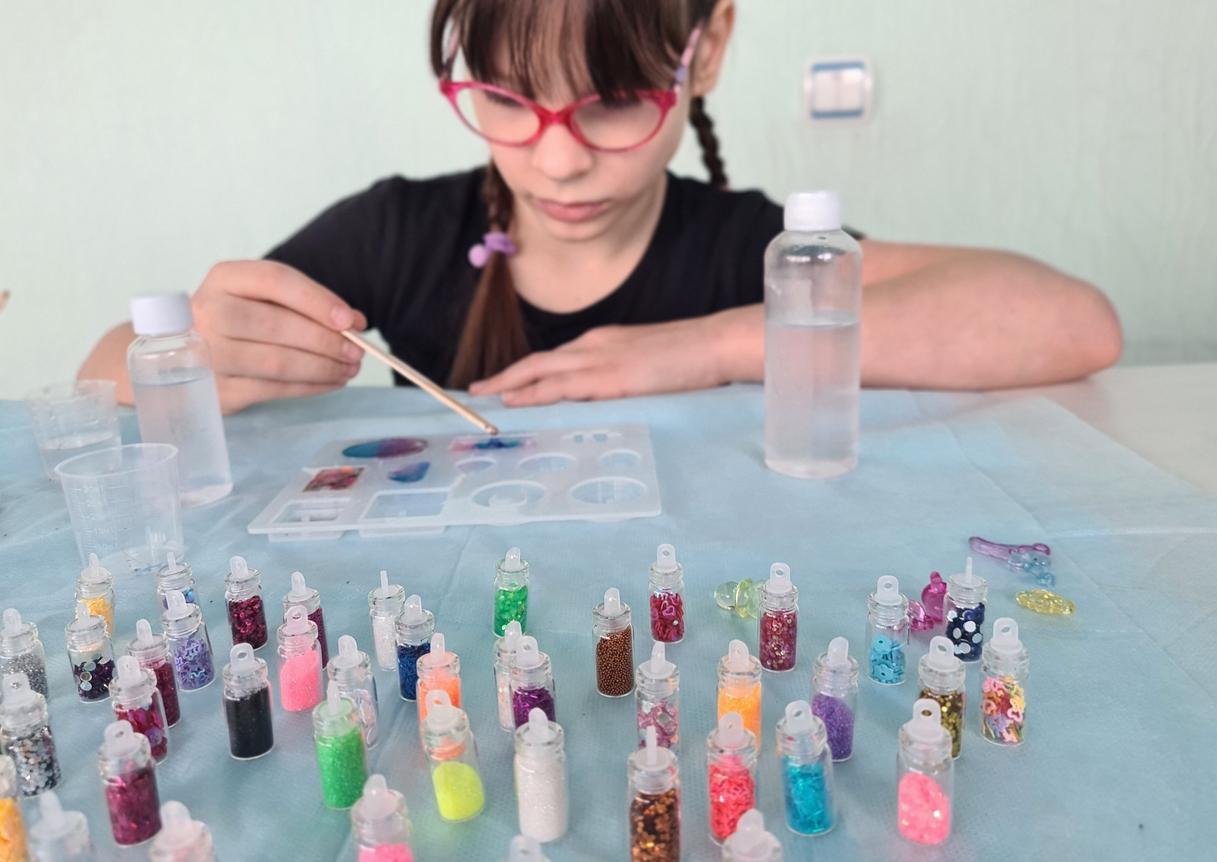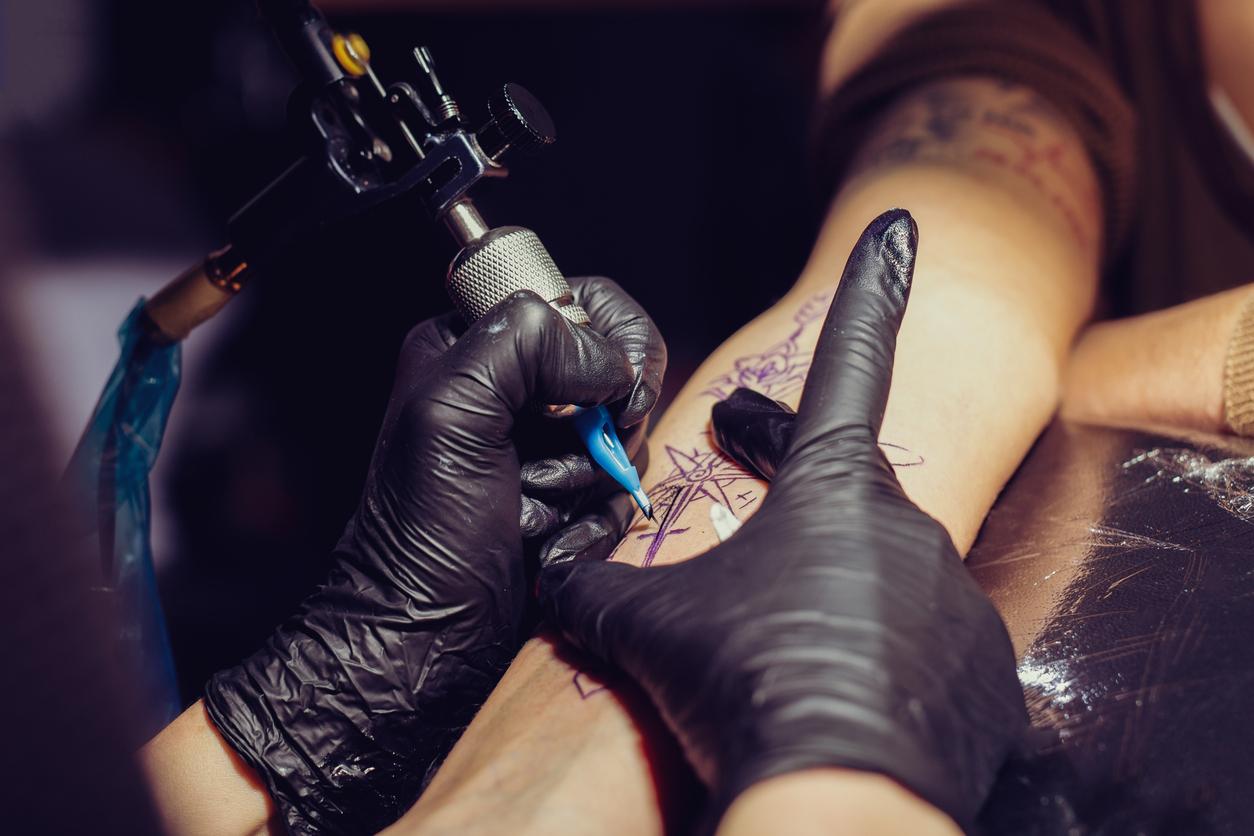The Medicines Safety Agency once again reiterates its warning against the realization of ephemeral black tattoos based on henna. Serious allergic eczema has been reported.

Every summer, temporary black tattoos are offered to vacationers on beaches, resorts or markets. A fashion phenomenon, they are very successful, because their black coloring is more appreciated than the usual henna hue, which varies from brown to orange. However, if you intended to succumb to these drawings soon, the following words may cool your enthusiasm. The Medicines Safety Agency (ANSM) has indeed been alerting since yesterday to the dangers of these tattoos.
First of all, the Agency recalls that the black color is obtained by the illegal addition of paraphenylenediamine (PPD) in henna. This product is used because it increases the longevity of the tattoo. But the use of PPD is actually very restricted. The product can for example be used in cosmetic products, in particular in hair dyes, at a concentration which cannot exceed 6%. PDD is also allowed to color textiles. These precautionary measures have been put in place because when this product is added to hen, the tattoo can sometimes turn into a nightmare!
It is true that dermatologists and allergists report to the ANSM every year cases of allergic contact eczema affecting children, including children. Usually, reactions occur a few days to a few weeks after the completion of these tattoos. They can be limited to the tattooed area or extend to the surrounding area or even the whole body. In some severe cases, these allergies can even lead to urgent medical treatment or even hospitalization. Worse yet, there have been reports of irreversible “poly-sensitization” including rubbers, clothing dyes and permanent hair dyes. They can prevent the practice of certain professional activities, such as hairdressing.
This is why, given the potential risks, but also the difficulties in controlling the distribution circuit for products and the places where these tattoos are produced, the ANSM strongly recommends against them. In addition, the Agency relies on the support of doctors. She therefore calls on health professionals to inform their patients about the dangers associated with these tattoos. A poster dissuasive will also be widely disseminated to the public during this summer period.
.

















